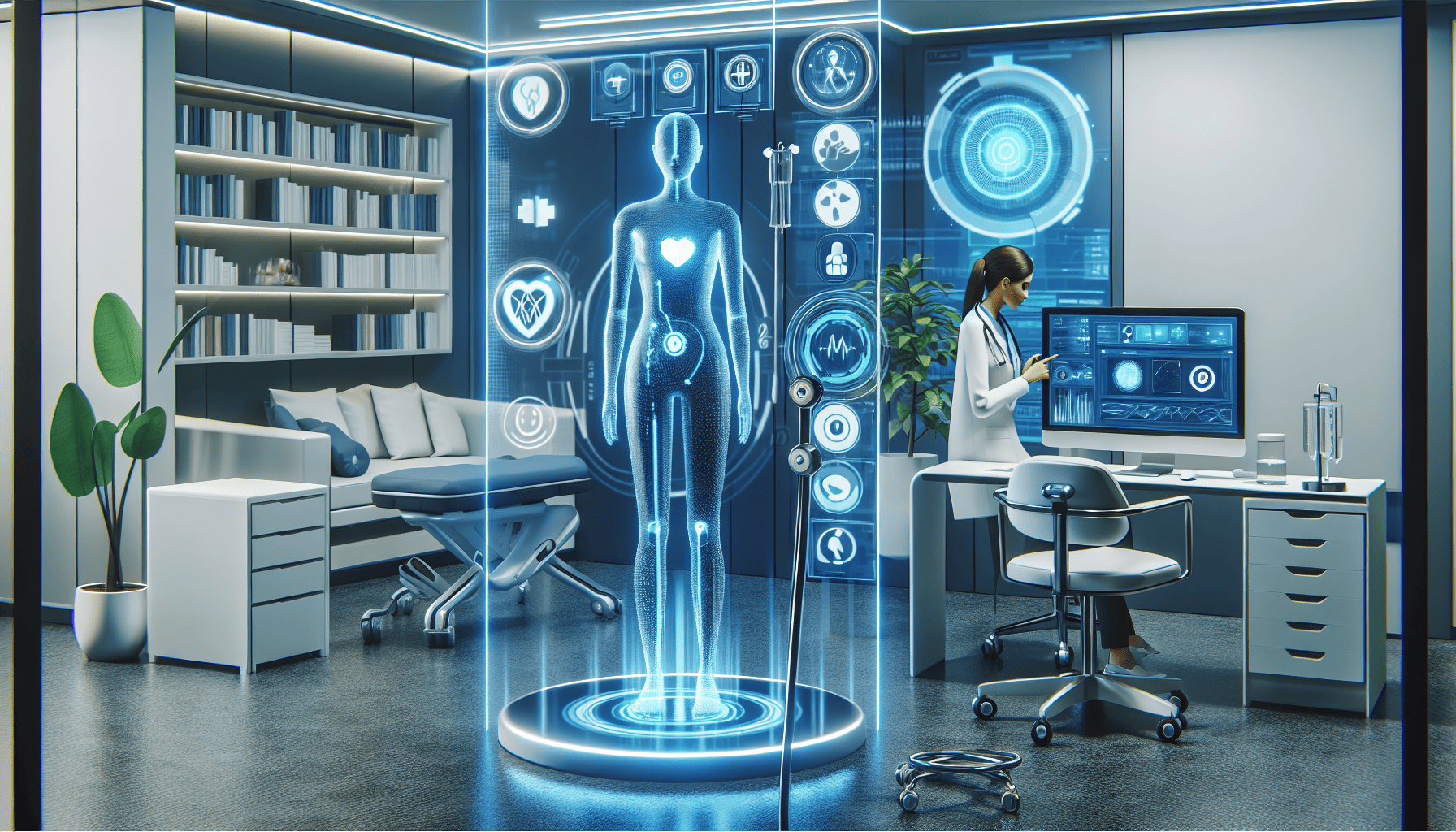In the rapidly evolving landscape of healthcare, AI-driven solutions are beginning to redefine personalized health assistance, offering groundbreaking improvements in various fields, including dental care. These technologies bring a new level of precision, efficiency, and personalization that is transforming the way healthcare services are delivered and received.
AI technologies have an outstanding ability to analyze vast amounts of data quickly and accurately, providing insights that were previously unattainable. In the realm of dental care, this capability is being harnessed to offer personalized treatment plans, predict patient needs, and enhance diagnostic accuracy.
One of the primary benefits of AI in dental care is its ability to streamline diagnosis. Traditional methods often rely heavily on manual examination and interpretation, which can be prone to human error. AI systems, on the other hand, can analyze dental images with high accuracy, identifying issues such as cavities, gum disease, and even early signs of oral cancers that a human eye might miss. This not only increases the diagnostic precision but also allows interventions to be made at earlier stages, improving patient outcomes.
Moreover, AI is significantly enhancing the personalization of dental care. By analyzing individual health records, lifestyle habits, and genetic factors, AI systems can create customized treatment and preventive plans tailored to each patient's unique needs. This personalized approach ensures that dental care is more effective and aligns closely with the patient's specific health profile, thereby improving long-term oral health.
AI is also making strides in improving the efficiency of dental practices. Automation of routine tasks, such as appointment scheduling, billing, and patient monitoring, allows dental professionals to focus more on patient care rather than administrative duties. This results in a smoother operation of dental practices and enhances the patient experience by reducing wait times and increasing the availability of healthcare providers.
Furthermore, AI-driven platforms are empowering patients by providing them access to valuable health information and decision-making tools. Virtual assistants and chatbots guided by AI can offer patients real-time consultations and advice, helping them understand their treatment options and manage their oral health more proactively. This not only enhances patient engagement but also fosters a more informed and collaborative relationship between patients and healthcare providers.
AI in dental care is also pushing the boundaries of what's possible in preventive health. Predictive analytics can forecast potential health issues before they arise, allowing for preventive measures to be implemented early. This shifts the focus from reactive to preventive care, markedly improving overall health and reducing the burden of dental diseases.
Looking forward, the integration of AI in health assistance, particularly in dental care, promises a future where healthcare is not only more efficient but also more humane. By continuously learning and adapting, AI systems can provide insights and assistance that are responsive to the ever-changing landscape of healthcare needs. This transformation is set to make healthcare more personalized and accessible, delivering benefits that resonate deeply with both patients and healthcare providers alike.
In conclusion, AI-driven solutions are establishing a new era in personalized health assistance. Their ability to transform dental care by improving diagnosis accuracy, personalizing treatments, and streamlining operations underscores their potential to revolutionize broader healthcare services. As these technologies continue to evolve, they hold the promise of facilitating a healthcare system that is more efficient, effective, and patient-centered.
